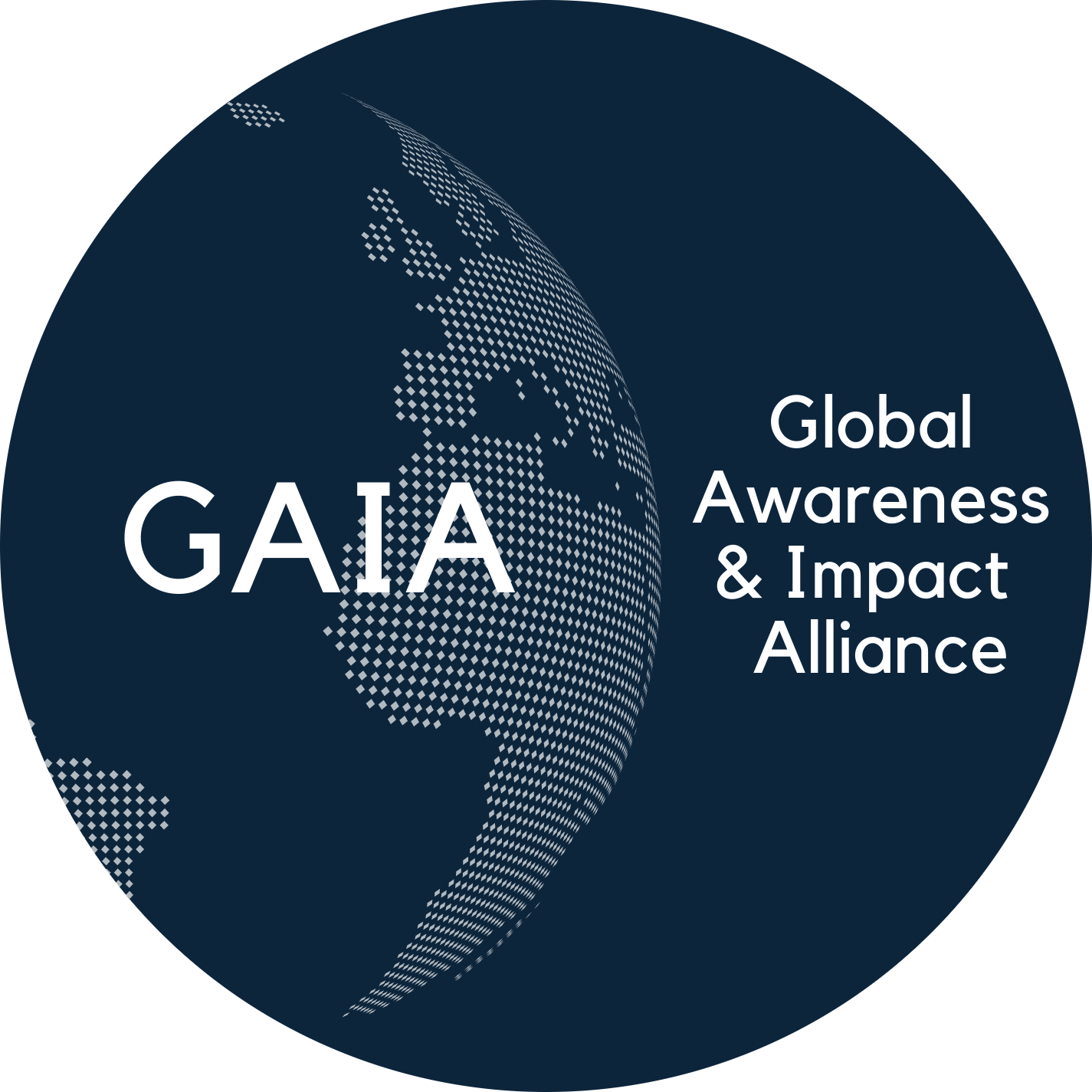Addressing Maritime Security in the Age of the Pandemic: Protecting the Trilateral Border Area
By Dr. Asyura Salleh
The COVID-19 pandemic has accentuated maritime security threats in the trilateral border area in a manner not seen before. Straddling the coastlines of the Philippines, Indonesia, and Malaysia, this border area encompasses the Sulu Sea and narrow waterways that cross the Sulu Archipelago and Palawan island. Although notorious for the vicious kidnapping-for-ransom activities by the Abu Sayyaf Group (ASG), this trilateral border area has also been witnessing rising incidents of contraband smuggling, irregular migration, and illegal, unreported, and unregulated (IUU) fishing. Under the COVID-19 pandemic, these maritime security challenges are further magnified as enforcement and socio-economic gaps rooted on land are further exacerbated by this health crisis.
The Philippines, like other maritime nations in Southeast Asia, has a close relationship with developments at sea. With the fifth longest coastline in the world, sixty percent of the Philippines population lives by the sea. Such a close connection between the people and the maritime environment allows incidents at sea to have an almost immediate impact on the country’s population and broader national security interests. This is evidenced in the triple increase in armed robbery incidents as of September this year at the Manila anchorage, which is also located in Manila Bay that is home to 30 percent of the country’s population.
This connection between man and sea has been further exploited by the health crisis. By introducing two key factors to the environment, the COVID-19 pandemic poses new obstacles to resolving maritime security challenges. First, the threat of unmonitored infections places heavy pressure on state resources. While health facilities become inundated with growing cases of community transmission, enforcement agencies are overstretched in trying to contain the inflow of imported cases that enter the country through both legal and illegal means. Secondly, COVID-19 has been accompanied by movement restriction orders such as the Movement Control Order and the General Community Quarantine. These orders have broad implications that alter the dynamics of regional enforcement coordination. To limit exposure at sea, multilateral exercises such as SEACAT and physical meetings have either been postponed or shifted to virtual platforms. Meanwhile, criminal syndicates are forced to move operations to maritime waterways as they encounter more roadblocks along normal trafficking land routes. As state resources are increasingly directed inward towards containing the spread of COVID-19, perpetrators have begun exploiting enforcement gaps at sea.
With these conditions in place, maritime security challenges are further intensified in the trilateral border area. Key ports such as the Manila Port, the Port of Cebu, and Batangas Anchorage are at higher risk of armed robbery since the International Maritime Organisation designated them into Green Zones for crew change under the pandemic. With more ships anchored for extended periods of time, perpetrators are attracted to committing robbery or theft onboard these ships.
This concern is paired with growing violence surrounding kidnapping-for-ransom activities in the area. While eight Indonesian fishermen were kidnapped in waters off Lahad Datu earlier this year, tensions further escalated during a sea chase by the Joint Task Force Sulu off Sulare Island. Here, seven ASG militants were neutralised; a warning to future perpetrators that operate under the perception of reduced maritime enforcement levels in this area.
Other security challenges, although less publicised, have become more prevalent during the pandemic. Irregular migration has transformed into a greater threat as it poses the risk of the spread of unmonitored COVID-19 clusters. However, the trilateral border area is also characterised by familial and community ties that stretch across the Sulu Sea as people move fluidly across the border states in search of livelihood. Malaysia has responded to this movement along Sabah’s maritime borders by raising enforcement under Operasi Cegah Pati.
Yet, these migration routes are also being exploited by contraband smugglers. The chain of islands that connect General Santos to North Sulawesi are known to move weapons and drugs that can further destabilise the area. IUU Fishing, especially in the Palawan waters and the Ticao-Burias Pass, also continue unabated despite the movement restriction orders. Instead of curtailing movement at sea, the pandemic has encouraged more people to resort to small-scale fishing as a replacement for jobs that have been lost during this crisis.
Although the pandemic has clearly exacerbated maritime security threats, it has also forced an introspection into current enforcement responses. There is growing awareness on the importance in connecting all sectors of society to develop a culture of information sharing that can address threats at sea. The foundations to develop such an inclusive yet broad approach to maritime domain awareness (MDA) are already inherent within the Filipino community, national initiatives, and regional frameworks.
At the community level, the Philippines is moving towards a whole-of-society approach through initiatives such as the civilian Bantay Dagat fisheries patrols and the consistent effort to engage scientists, NGOs, and academics in developing maritime policy. At the national level, the National Coast Watch Centre is seeking to build an MDA network that links maritime coordination centres across the country. This approach is also reflected at the sub-regional level through the Trilateral Cooperative Arrangement which engineers coordination in resources and information-sharing between the three border states of Indonesia, Malaysia, and Thailand.
These building blocks of a broad MDA network offers the prospect of a future where the community is connected to regional frameworks through effective dialogue and coordination in the trilateral border area. By consistently engaging all sectors of society and disseminating information evenly, such an approach will help the three border states tackle maritime security challenges together and weather any obstacles the pandemic may bring.
This article was originally published on Philippine Strategic Forum, https://www.stratforumph.com/post/addressing-maritime-security-in-the-age-of-the-pandemic-protecting-the-trilateral-border-area
